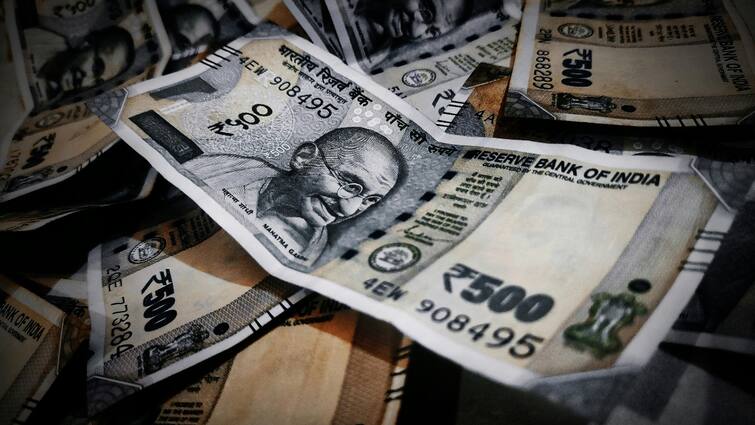CMAI Warns Of 100,000 Job Losses, MSME Closures Due To GST Hike On Apparel
In response, the CMAI has expressed serious concerns about the potential negative impact on the industry, particularly on manufacturing, pricing, and consumer demand

The Clothing Manufacturers Association of India (CMAI) has raised concerns over the proposed GST rate rationalisation by the Group of Ministers (GoM), chaired by Bihar's Deputy Chief Minister Samrat Chaudhary. The proposed changes could have significant implications for the apparel sector.
Under the new recommendations, ready-made garments priced up to Rs 1,500 will maintain the current 5 per cent GST rate, but those priced between Rs 1,500 and Rs 10,000 would face a substantial increase to 18 per cent. Garments priced above Rs 10,000 would fall under the highest GST bracket of 28 per cent.
In response, the CMAI has expressed serious concerns about the potential negative impact on the industry, particularly on manufacturing, pricing, and consumer demand.
“The proposed GST rate hike risks severely disrupting the formal retail sector by driving both consumers and businesses toward informal channels. This shift would adversely affect legitimate retailers and potentially benefit unscrupulous sellers and illegal merchants,” the CMAI stated.
Additionally, the association warned that the textile industry, already facing significant challenges, could lose up to 100,000 jobs. Small and medium-sized enterprises (SMEs) in sectors like spinning, weaving, and garment manufacturing, which operate on thin profit margins, are especially vulnerable and could experience major income losses and squeezed profitability.
The handloom sector, which supports over two million weavers and holds significant cultural importance in India, could face income reductions of up to 25 per cent. This would further undermine its traditional business models and exacerbate challenges related to limited market access. Similarly, the wool industry, employing around 1.2 million people in the organised sector and an additional two million in related industries, is also expected to experience similar adverse effects.
“Such a hike would lead to more price inflation, compounding challenges for price-sensitive consumers, especially women. Higher taxes on products related to celebrations and festivals will further slowdown consumption, which is already on the decline, creating a potential setback for the economy,” the CMAI said.
Also Read: Tata Motors' Anurag Mehrotra Steps Down, Likely To Join JSW MG Motor As CEO: Report






































